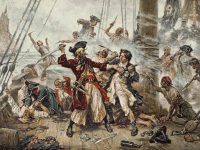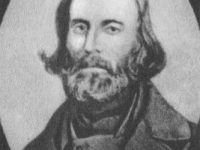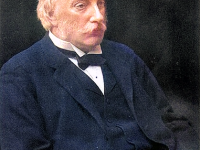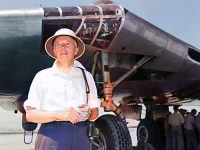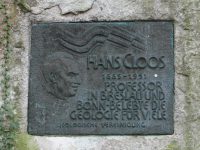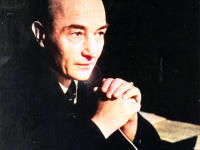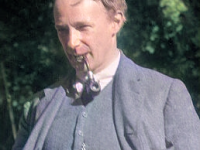The Death of Blackbeard, Terror of the Carribean
On November 22, 1718, English pirate Edward Teach or Edward Thatch, better known as Blackbeard, was killed. Blackbeard operated around the West Indies and the eastern coast of Britain’s North American colonies. Teach was a shrewd and calculating leader who spurned the use of force, relying instead on his fearsome image to elicit the response that he desired from those whom he robbed. Contrary to the modern-day picture of the traditional tyrannical…
Read more

